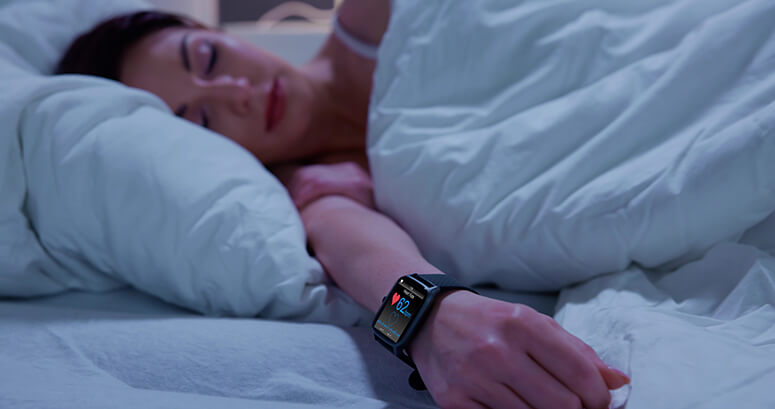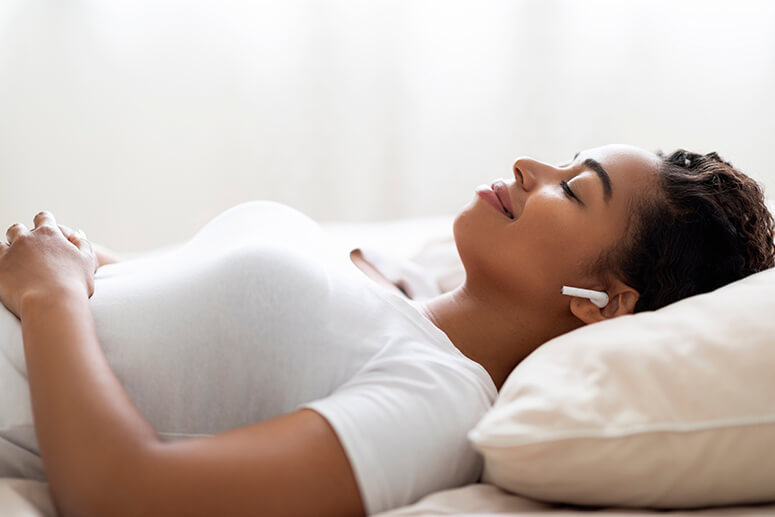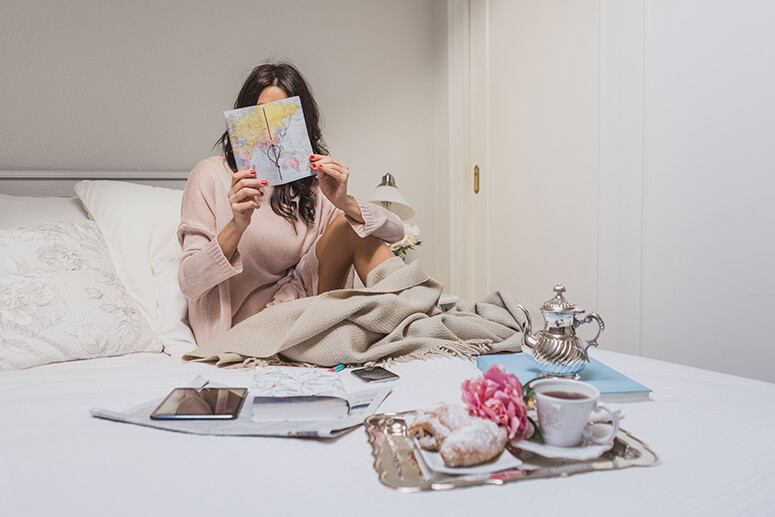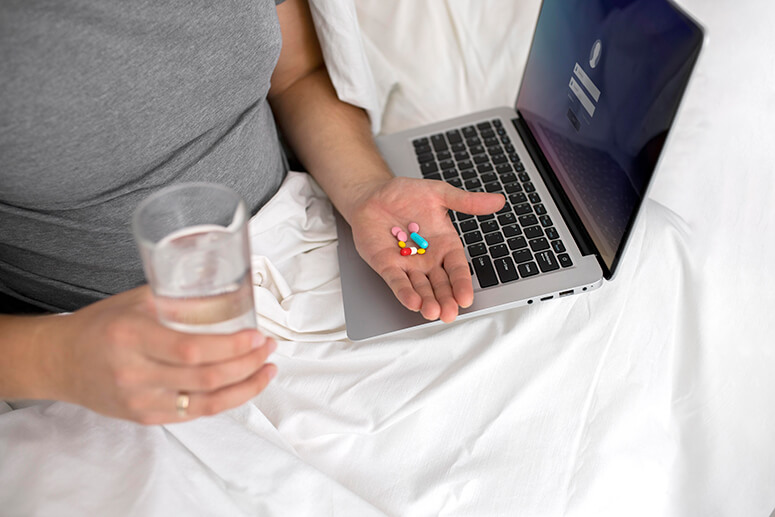Sleep is the new status symbol
There was a time when bragging about how little you slept was a badge of honor. Hustle culture made martyrs of the overworked. Yawning through meetings was seen as proof of ambition and hard work, not burnout. If you didn’t answer emails at 2 a.m., were you even trying to succeed?
But the tide has turned, and we have to thank REM for that. Today, sleep is no longer for the weak. It’s for the wealthy. The rested. The self-actualized. The ultimate flex in 2025 isn’t the grind, it’s the nap. Welcome to the age of sleep privilege.
“Sleep is the Swiss army knife of health,” says neuroscientist and sleep expert Matthew Walker, author of Why We Sleep. “When sleep is deficient, there is sickness and disease. And when sleep is abundant, there is vitality and health.”
The new power nap
When I was working at a luxury hotel a few years back, they had a sleep program offered to guests. This had the perfect pillows, circadian rhythm clock guides, warm relaxing baths. Tatler Asia enumerated 12 hotels and resorts in the region that offered sleep packages to celebrate World Sleep Day (yes, that exists) last March. The packages included personalized sleep consultations, relaxing teas, blackout blinds, and other rituals to lull you into oblivion.

Products to promote sleep are now also trending, from weighted blankets that promise to hug and comfort you to melatonin in every edible form. Lifestyle guru Gwyneth Paltrow swears by 10 p.m. bedtimes. Top businessmen wear sleep trackers like they used to wear Rolexes. And on TikTok, you see influencers film nighttime routines so elaborate like magnesium elixirs, moonlight therapy, and a symphony of white noise machines set to “ocean tide.”
The New York Times called it “the sleep-tech boom,” noting a 27-percent rise in consumer spending on sleep-related devices and services in 2024 alone. So forget “rise and grind.” The new mantra is “wind down and get some shut-eye.”
Insomnia as identity
Oddly enough, sleep has become a kind of personality. People compare mattress brands like status cars these days, from memory foam to hybrid spring-to-cloud options. The wellness industry has found a way to monetize rest just like it did detox juices and weekend yoga retreats.
From P15,000 silk pajamas to subscription-only soundscape apps, there’s now a whole economy built around helping you relax at a premium. Even blackout curtains are now branded and marketed as “smart shades,” complete with Japanese-imported linen and app-sync features. A 2023 Forbes article dubbed it “sleepwashing,” which is selling the dream of better sleep through lifestyle upgrades.

Melatonin is so mainstream that it’s practically the multivitamin of the over-tired. Apps like Calm and Headspace are the new digital lullabies, with velvety British accents replacing sheep counts. Sleep isn’t just a bodily function anymore, it has become an aesthetic. A curated vibe. And if you’re not getting eight hours with lavender mist and cloud-soft sheets, are you even doing life right?
Rest is resistance

But beneath the candlelit rituals and Egyptian cotton sheets lies something deeper: a cultural shift. We’re tired—existentially, collectively. After years of glorifying burnout, people are trading productivity for peace. In a world that constantly demands that we “do more,” choosing to rest feels radical. It’s JOMO (joy of missing out) over FOMO (fear of missing out) now. It applies especially for mothers, nurses, caregivers, shift workers. Dr. Charles Czeisler of Harvard Medical School notes, “Sleep is not a luxury. It’s a necessity, as vital to our health as food and water.”
The cost of counting sleep
Of course, we must address the elephant in the bedroom: Good sleep has been commodified. Rest now comes with a price tag. From expensive silk sets to white noise machines with five-star ratings, the bar for a “restful night” has been raised.

Those who need rest the most often can’t afford the tools designed to deliver it. The overstretched worker is left clutching a Shopee neck pillow, hoping the melatonin gummies do the job. Meanwhile, the glorification of sleep is teetering into a new form of competitive self-care. It has become an Instagram post. Because if you’re not documenting your chamomile-steeped ritual with a #SleepGoals tag, did you even sleep at all?
Sleep like you mean it
The irony, of course, is that not everyone can afford this kind of rest. For many, it remains as elusive as ever—stolen by anxiety, phone screens, or just the day’s grind. But this shift in narrative matters. To reframe sleep not as indulgence but as necessity is a quiet revolution. “When you prioritize sleep, you’re prioritizing yourself,” says Dr. Shelby Harris, a sleep psychologist. “And that’s powerful.”
To sleep without guilt is to reclaim something deeply human. So here’s to the well-rested—the new elite. Not because they’re richer. But because they’ve realized that sometimes, the most radical thing you can do… is absolutely nothing.


